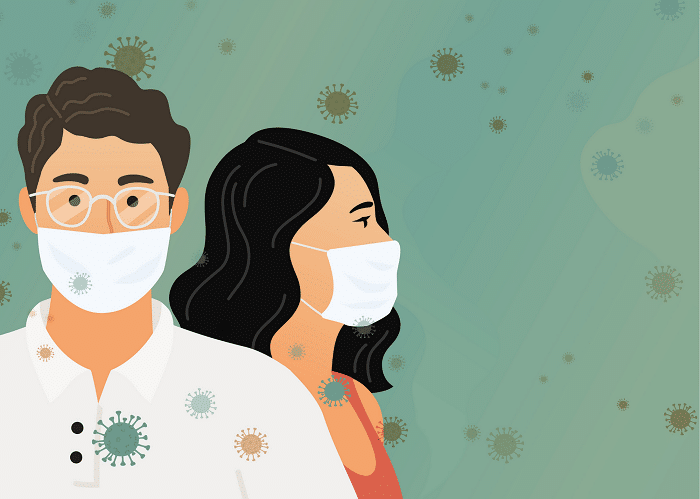It goes without question that we’re experiencing a difficult period in our nation’s history, thanks to the current pandemic. Truth be told, few would have guessed the epic implications of COVID-19 when it first surfaced in China in November of last year. Few, if any, realized that the virus would hit so close to home.
In some ways, we’re on a little island here in Montana. We live in the fourth largest state in our nation, yet have one of the smallest populations. We think to ourselves, “things like the Coronavirus just don’t happen here.”
But, if there’s anything that this series of events has taught us, it’s that we are not immune. In many ways, we have been fortunate. We have not seen the level of tragedy left in the wake of this virus that New York or Washington has. However, while only a small amount of people in comparison became seriously ill or lost their life, many Montanans have suffered from the indirect, unintended consequences of the virus.
The University of Montana has been following these indirect consequences closely. Last week, the university came out with the Montana COVID-19 Family Impact Survey Report . The report was the product of a surge of research documenting the experiences of nearly 2,000 families in our state in relation to this pandemic.
Some of the effects of the virus are obvious, such as that of caregivers feeling stressed. Many families are concerned with job loss, finding child-care, and being able to pay their bills. However, some are less obvious, and were only being previously embraced by those in the healthcare and human services arenas.
A less talked about, but just as dire consequence of COVID-19, is that of our mental health. Over 20% of those surveyed had someone in their household who was struggling with their mental health as a result of this pandemic.
Sadly, not only are people struggling at the moment, but many feel alone in their plight. While over 20% of people surveyed were struggling, only roughly 11% felt that mental health as a result of COVID-19 was a larger issue among those in the community.
But this isn’t just a Montana thing, according to the Harvard Business Review, a national poll shows that since the beginning of this pandemic, 75% of people feel more socially isolated, 67% have higher levels of stress, and 53% feel more emotionally exhausted.
So, what does this all mean? On a larger scale, the work that mental health centers are doing to support Montanans is absolutely crucial.
But beyond the larger, macro level work that support services are providing, it means we also have a responsibility to ourselves and to those in our community. Now is the time for all of us to be taking care of ourselves and to ensure that we’re being supportive of one another.
When everyone’s struggling or stressed, it’s easy to isolate and be short with each other. However, it’s not the time for that. We need to be kind and caring, both for ourselves and for our fellow Montanans.
Need Support?
If you have a child who is struggling, please contact us today through our website or by calling 406-245-6539. We remain committed to serving Montana families through this difficult period via all 30 of our locations across the state.
Want More?
If you enjoyed this article, check out the rest of our blog today and make sure to follow us at Youth Dynamics of Montana and People of Youth Dynamics on Facebook.



